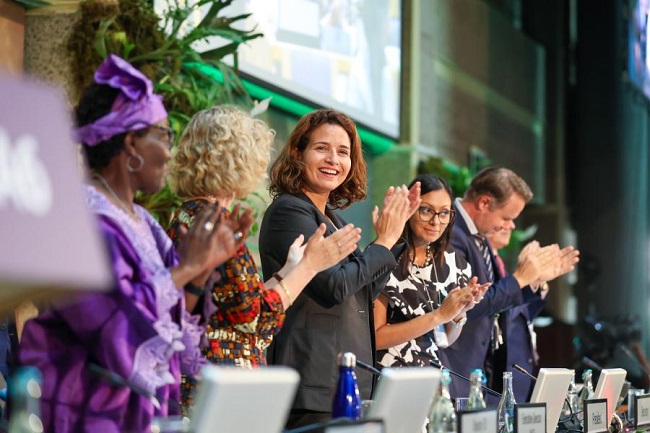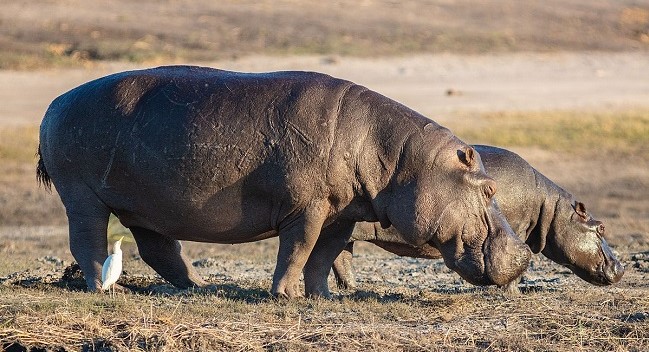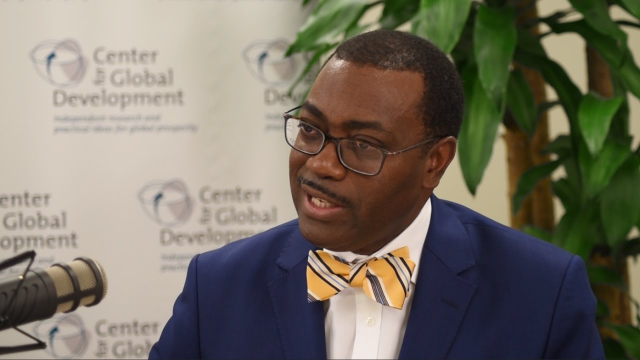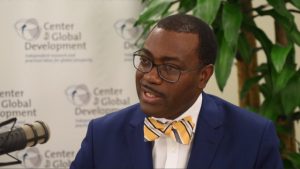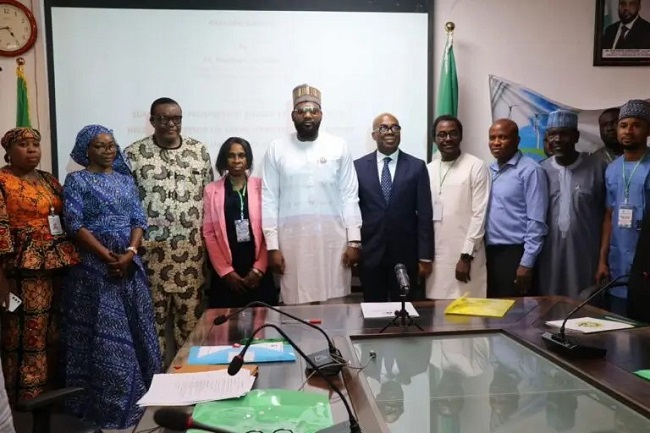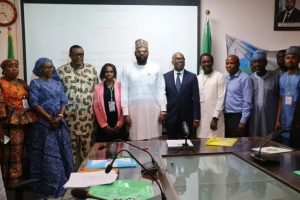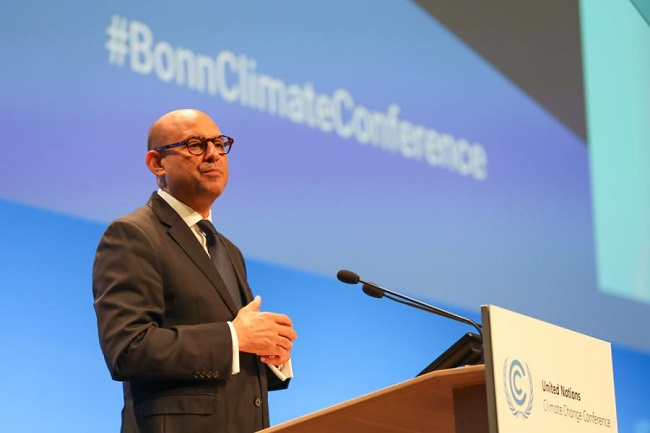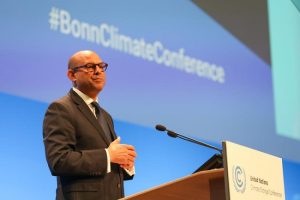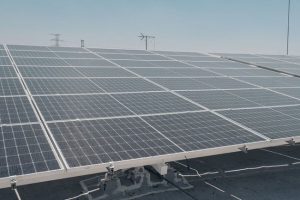I was part of an SDG café in my school (University of Benin) where we raised awareness about the Sustainable Development Goals. As a climate journalist particularly interested in climate action and energy transition, I decided to take it upon myself to let the students at the University of Benin and some of its staffs at the Faculty of Life Sciences about the nature of oil production in Nigeria, its impact and energy alternatives.

One thing I realised in my conversation was that we are so powerless in solving these issues, especially the transition to clean energy in Nigeria, the government largely determines what type of energy source is available to her citizens and also by its ineffectiveness in regulating business operations that are environmentally consequential, allows for increased GHG emissions and environmental degradation.
“Just like inequality, unemployment and inflation, climate change/environmental issues are a social problem with institutional contexts that are often time beyond the power of individuals to solve.”
One of the goals of climate action is to strengthen public knowledge and awareness to drive collective action. Collective action is the foundational strategy to bringing about the change we need in Nigeria.
The major sustaining element under capitalism is consumption, without the consumers, there is no profit. When Nigerians begin to patronise products made from low carbon emission businesses or more generally, green businesses, it’d reflect on market data. Since businesses tend towards profit maximisation, they’ll adjust to accommodate the growing trend.
It’s however not as simple as it appears because you require a certain level of awareness, eco -consciousness and, in fact, green businesses (environmentally conscious companies) in Nigeria to achieve this and this is where it gets complicated.
Consumers must be able to access the environmental reports of companies whom they are patronizing which assume that consumers are capable of doing this, information like this is often embedded in other complex data which might make the whole process difficult.
How can a customer tell if Pepsi is more eco-friendly than Coca-Cola? And why should they care? This is where climate journalism comes in, our goal is to make hidden information that are environmentally consequential known and widely accessible to the public in comprehensible form. Coca-Cola has won numerous ESG performance awards, whether they have been committing diligently to their clean production pledge is not something we’re going to consider here. The more the ESG performance information are available and accessible, and the better the quality of Nigeria consumer’s eco-consciousness, the easier it gets for consumers to make “green” choices.
There are various limitations to consumers power in influencing companies’ behaviour, and one of them is that consumer choice cannot influence the extent to which companies strive to reduce their GHG emissions, invest in renewables, incorporate energy efficient equipment and strategies, and manage water, etc. Consumers can only base their choice on already-available environmental performance.
In Nigeria, just like anywhere else, companies rely on equity financing, which offers shareholders a measurable quality of power in influencing companies’ behaviour. In the case of oil and gas production in Nigeria, consumers have limited power due to a lack of adequate and affordable energy source alternatives. Where consumer power is lacking, shareholders can fill the gap.
For shareholder activism to be possible in Nigeria there has to be a dignifying number of environmentally conscious shareholders, investors who incorporate climate change and environmental concerns in their investment strategies.
According to a 2019 study, many Nigerian companies are silent on environmental information disclosure, green investors should be willing to take at least two steps; the first is to hold company executives accountable for their environmentally consequential actions, the second being decarbonisation of their portfolio. There is evidence suggesting that in relation to decarbonisation, investors behave in a herd-like manner: green investors initiate the process while other investors imitate. Whether this behavior pattern exists in Nigeria is inconclusive and open to research, however it’s a general trend.
Green accounting in Nigeria has been shown to increase shareholders value, when companies have high ESG performance, they appear to be ethical in their profit-making activities, which increase their public attractiveness. This attractiveness influences the price of their stocks and thus market capitalization, increasing shareholders’ value.
Shareholders’ value should be understood as the value a shareholder receives from a company as dividend and share price appreciation due to exceptional decision-making process by the management that leads to the growth of sales and profit for the company.
It has also been shown that green accounting improves the financial performance of companies in Nigeria.
So, through the disclosure of environmental report so that investors can make reasonable investment decision, the disclosure of sustainable report for the sake of transparency to both consumers and shareholders, and the willingness of consumers to drive climate action through their consumption preference which is dependent on shareholders and consumer action, Nigeria as a developing country can actively participate in achieving the Paris agreement goals.
“In a country like Nigeria where the quality of environmental literacy is poor, strengthening the awareness level will further buttress the demand for green accountability and transparency in companies which would help combat climate change.”
By Greatson Odion


